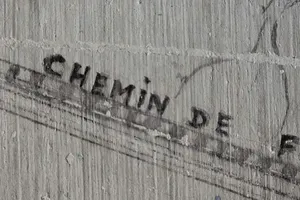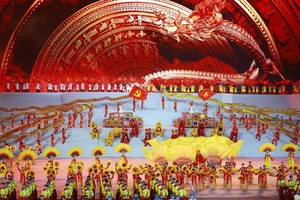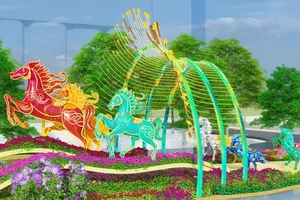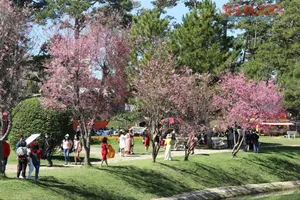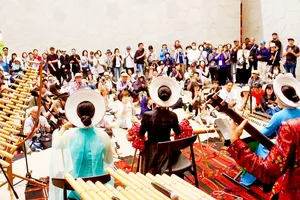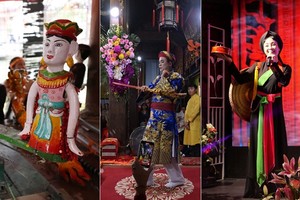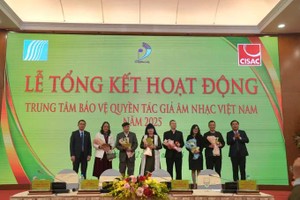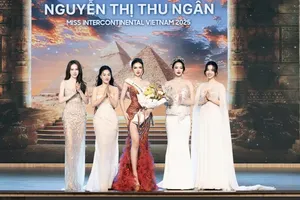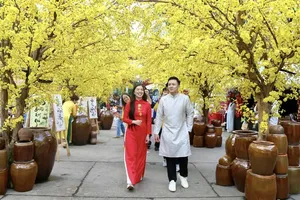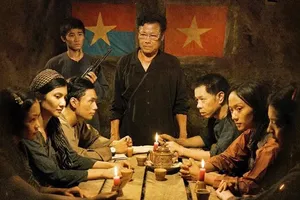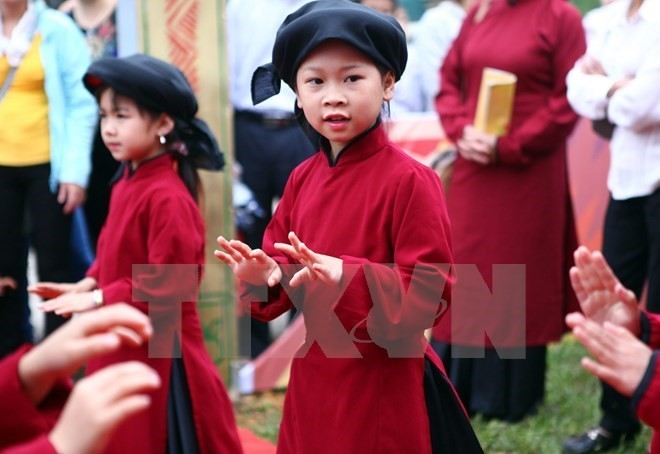
The UNESCO Inter-governmental Committee for the Safeguarding of the Intangible Cultural Heritage made the decision during its 12th session in Jeju, the Republic of Korea (RoK), on December 8 morning.
Xoan singing was recognised by UNESCO as in need of urgent protection in 2011. At that time, there were only 13 Xoan singing clubs with nearly 300 members. To date, the number has risen to 33 clubs across the province.
In 2013, Phu Tho province prepared a 165 billion VND (7.85 million USD) project, entitled “Maintaining and Developing Intangible Cultural Heritage of Humanity- Xoan Singing in Phu Tho”, funded by the Government.
Two years later, Vietnam submitted a report to UNESCO stating that Xoan singing had experienced a revival thanks to great efforts made by the Government and local people.
At the session, members of the UNESCO committee praised Phu Tho’s efforts to preserve Xoang singing and made the decision to move the genre to the Representative List of the Intangible Cultural Heritage of Humanity.
Xoan singing is performed in front of communal halls during spring festivals. It is said to have originated about 4,000 years ago, during the time of the legendary Hung Kings.
Singing events were held not only to honour the founders of the nation and entertain villagers, but also to pray for good weather and harvests and depict daily life in rural areas.
On December 7, the UNESCO committee added Bai Choi singing, a folk music genre practised in Vietnam’s central region, to the Representative List of the Intangible Cultural Heritage of Humanity.
The recognition demonstrates Vietnam’s commitment to improving public awareness of the value of culture and heritage.
Apart from Bai Choi and Xoan singing, the UNESCO Representative List of the Intangible Cultural Heritage of Humanity includes other Vietnamese heritages – the traditional practice of “Tho Mau Tam Phu” (Worship of Mother Goddesses), tug-of-war game, which are also played in Cambodia, the RoK and the Philippines, Nghe Tinh province’s Vi-Giam folk singing, Don ca tai tu (amateur singing in southern Vietnam), Hung King worship ritual, Giong festival and Soc temples in Hanoi, Bac Ninh province’s Quan ho (love duet singing), the space of Gong culture in the Central Highlands and Hue's royal court music.
Xoan singing was recognised by UNESCO as in need of urgent protection in 2011. At that time, there were only 13 Xoan singing clubs with nearly 300 members. To date, the number has risen to 33 clubs across the province.
In 2013, Phu Tho province prepared a 165 billion VND (7.85 million USD) project, entitled “Maintaining and Developing Intangible Cultural Heritage of Humanity- Xoan Singing in Phu Tho”, funded by the Government.
Two years later, Vietnam submitted a report to UNESCO stating that Xoan singing had experienced a revival thanks to great efforts made by the Government and local people.
At the session, members of the UNESCO committee praised Phu Tho’s efforts to preserve Xoang singing and made the decision to move the genre to the Representative List of the Intangible Cultural Heritage of Humanity.
Xoan singing is performed in front of communal halls during spring festivals. It is said to have originated about 4,000 years ago, during the time of the legendary Hung Kings.
Singing events were held not only to honour the founders of the nation and entertain villagers, but also to pray for good weather and harvests and depict daily life in rural areas.
On December 7, the UNESCO committee added Bai Choi singing, a folk music genre practised in Vietnam’s central region, to the Representative List of the Intangible Cultural Heritage of Humanity.
The recognition demonstrates Vietnam’s commitment to improving public awareness of the value of culture and heritage.
Apart from Bai Choi and Xoan singing, the UNESCO Representative List of the Intangible Cultural Heritage of Humanity includes other Vietnamese heritages – the traditional practice of “Tho Mau Tam Phu” (Worship of Mother Goddesses), tug-of-war game, which are also played in Cambodia, the RoK and the Philippines, Nghe Tinh province’s Vi-Giam folk singing, Don ca tai tu (amateur singing in southern Vietnam), Hung King worship ritual, Giong festival and Soc temples in Hanoi, Bac Ninh province’s Quan ho (love duet singing), the space of Gong culture in the Central Highlands and Hue's royal court music.
